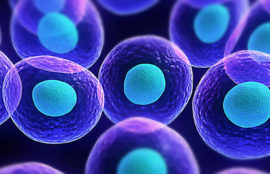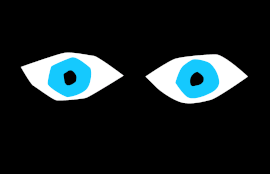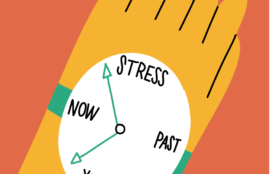Photo By Spencer Watson
Four Ways We Can Control Our Health & Balance
Many of us remain unaware of the essential processes of life until some devastating dysfunction or disease demands our attention. These essential processes include respiration, consumption, movement, and mental activity. These four functions work in unison to help avoid dysfunction and disease by regulating the body and keeping it in balance. Typically, imbalances begin as barely perceptible, but gradually increase from poor movement, shallow breathing, rushed eating, and negative thinking, all of which increases the imbalance, and eventually causing pain, structural misalignment, and disease. People these days need to reconnect with the natural principles of life through the interrelationship of respiration, ingestion, movement, and mental activity. These principles, promoted widely by the practice of Sotai, perfectly reflect the philosophy of Natural Mobility to re-establish an effortlessly natural relationship with our environment. Below is a list of the 4 functions of life
1) A long Breath Leads to a Long Life.
Respiration is the most vital function of life. We cannot survive for more than a few minutes without breathing! Deep diaphragmatic breathing is a key to good health; the healthier a person is, the deeper their breath is. Abdominal massage and diaphragmatic breathing before bed is a good way to relax the nervous system and prepare it for rest.
2) Its Not Just What You Eat, But How You Eat.
Diet is something that is unique to each person, and it should be taken as a personal responsibility to learn what foods agree with you, or what dietary system you find works best for your digestive system. The more important thing than what we eat, but how well the food is chewed and digested. If one is thinking about stressful things at mealtime, or watching something distracting, or eating on the move, it will affect digestion. Ingestion should be deliberate, there should be a mental preparation for eating, you should pay attention to your food at mealtime to that your body can prepare for what you are trying to digest.
3) Natural Movement Principles
Efficiency and balance in movement is key. The movement practice of Natural Mobility is its main focal point. The idea is to aim for ease and effortless movements, discovering the most efficient movement patterns to replace your imbalanced movement habits. The aim of movement therapy and mobility training is to release the abnormal tension and facilitate the recovery of functional and structural integrity. This is accomplished by learning to relax the body, breathe into your movements, and move in congruent ways rather than forcing things.
4) Mindfulness and Productive Thinking
Mindfulness and positive thinking may not be as obviously necessary as breathing, but it is equally important. If you are being mindful, you are focused in the moment, whereas negative thinking requires your thoughts to be fixated on a past that cannot be changed, or a future that has not yet happened. It is vital to deliberately focus our thoughts on the things that we love and cherish that are right in front of us, and be fully involved in our moment, our movement, our breathing. Our thoughts determine our circumstances, and we should be fixated on where we are, or where we want to go, not what we don’t want or what we fear.
 Movement is life. Whether in his healing arts, martial arts, or movement training, Alex was always drawn to systems that involved deep personal development practice. He has observed that self-care is a key component in the healing process, as is refining our daily movement patterns. Subtle movement inefficiencies in daily life, such as how he sit, stand, walk, reach for things, lift things, walk up stairs, hold our pen, even the way we breathe can cumulatively lead to weakness and distortions that eventually lay the foundation for injuries and chronic tension & pain. These habitual patterns are often what leads to the deterioration of our bodies, or a plateau in performance.
Movement is life. Whether in his healing arts, martial arts, or movement training, Alex was always drawn to systems that involved deep personal development practice. He has observed that self-care is a key component in the healing process, as is refining our daily movement patterns. Subtle movement inefficiencies in daily life, such as how he sit, stand, walk, reach for things, lift things, walk up stairs, hold our pen, even the way we breathe can cumulatively lead to weakness and distortions that eventually lay the foundation for injuries and chronic tension & pain. These habitual patterns are often what leads to the deterioration of our bodies, or a plateau in performance.
Visit Alex online at: naturalmobility.net























Sorry, the comment form is closed at this time.